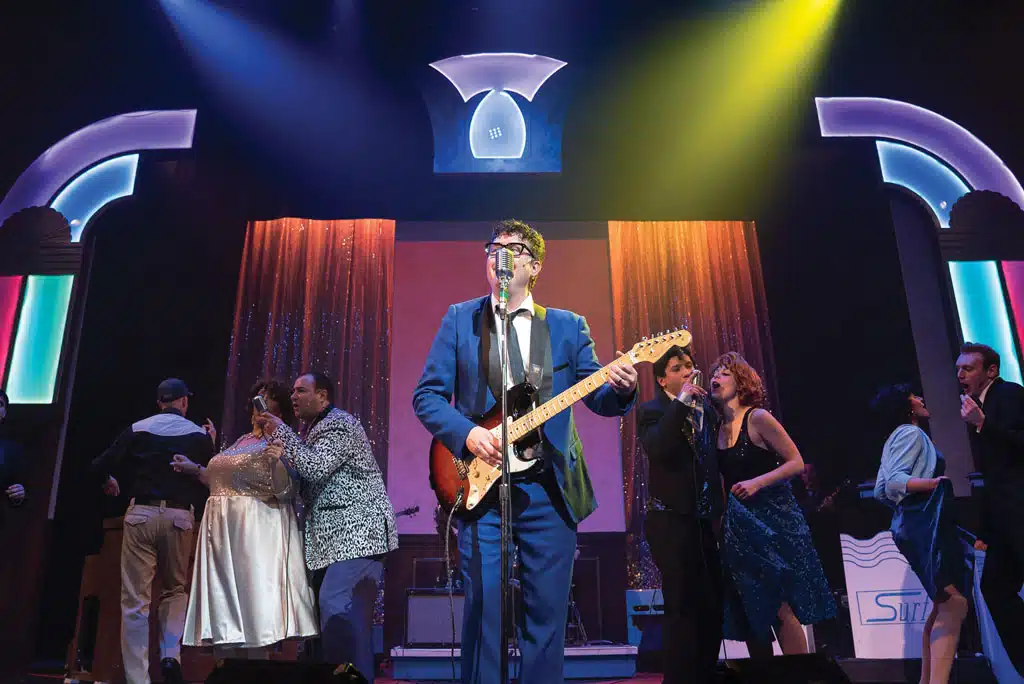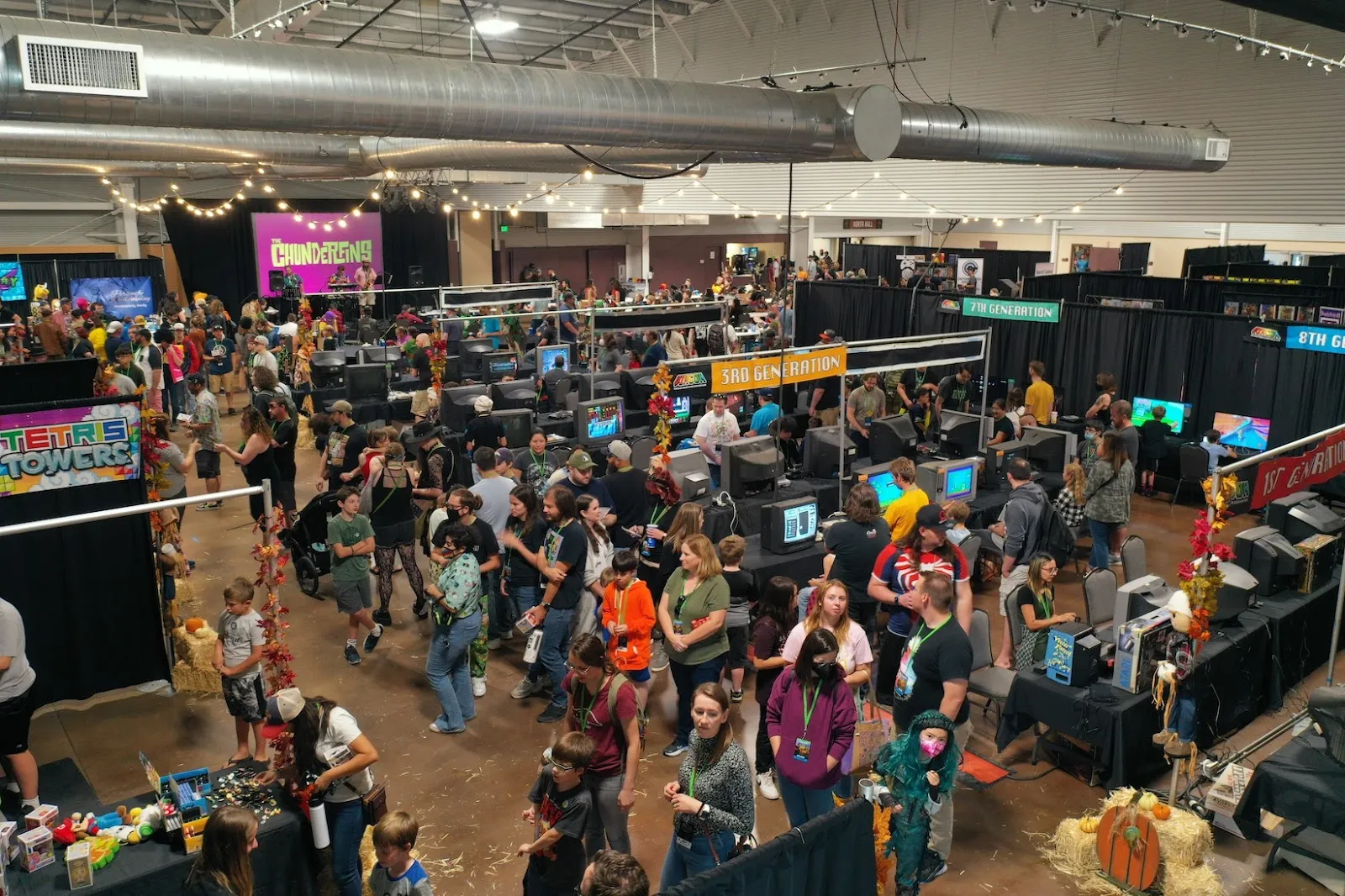Final curtain
Dinner theaters on decline despite successful business model

Dinner theaters are closing at a rapid rate in Northern Colorado, but that doesn’t mean the combined meal-performance model is on the decline.
“Colorado 15, 20 years ago had an abundance of dinner theaters, and I think it skewed the vision a little bit, because it’s more than most states,” said Scott Moore, co-owner and co-director of the Jesters Dinner Theatre in Longmont with his wife, Mary Lou.
The Moores put the building housing Jesters Dinner Theatre up for sale in April 2022 but don’t yet have a buyer, so they’ll continue offering shows at least through the summer. BDT Stage…
THIS ARTICLE IS FOR SUBSCRIBERS ONLY
Continue reading for less than $3 per week!
Get a month of award-winning local business news, trends and insights
Access award-winning content today!




